Dioon Edule Cycad
Dioon edule Cycad, the chestnut dioon, is a cycad native to Mexico, also known as palma de la virgen. Cycads are among the oldest seed plants and even pre-date the dinosaurs. It belongs to the Zamiaceae plant family within the order Cycadales. The genus name \”Dioon\” means \”two-egged\”, referring to the two ovules.
Dioon edule Cycad is a species of cycad, which are ancient, palm-like plants often found in tropical and subtropical regions. This particular species is native to Mexico and is known for its distinctive, symmetrical rosette of fronds and a stout, trunk-like stem.
Key features of Dioon edule include:
- Appearance of Dioon Edule Cycad: It has a stout, often short trunk with a rosette of feathery, dark green leaves. The leaves are pinnate, meaning they are divided into smaller leaflets arranged along a central stalk.
- Size of Dioon Edule Cycad: This cycad can vary in size, but typically, it grows to about 1.5 to 3 meters (5 to 10 feet) tall.
- Reproduction of Dioon Edule Cycad: Like all cycads, Dioon edule is dioecious, meaning that individual plants are either male or female. The male plants produce cones with pollen, while the female plants produce large cones that contain seeds.
- Habitat of Dioon Edule Cycad: It prefers well-drained soils and can often be found in rocky or sandy substrates in its native range. It’s adapted to a range of environmental conditions but generally prefers a sunny or partially shaded location.
- Conservation status of Dioon Edule Cycad: Some cycad species are threatened due to habitat loss and overcollection, but Dioon edule is currently not listed as endangered. However, its conservation status can be affected by ongoing environmental changes and human activities.
Cycads like Dioon edule are considered living fossils, having existed since the time of the dinosaurs. They’re prized in cultivation for their unique appearance and ancient lineage.

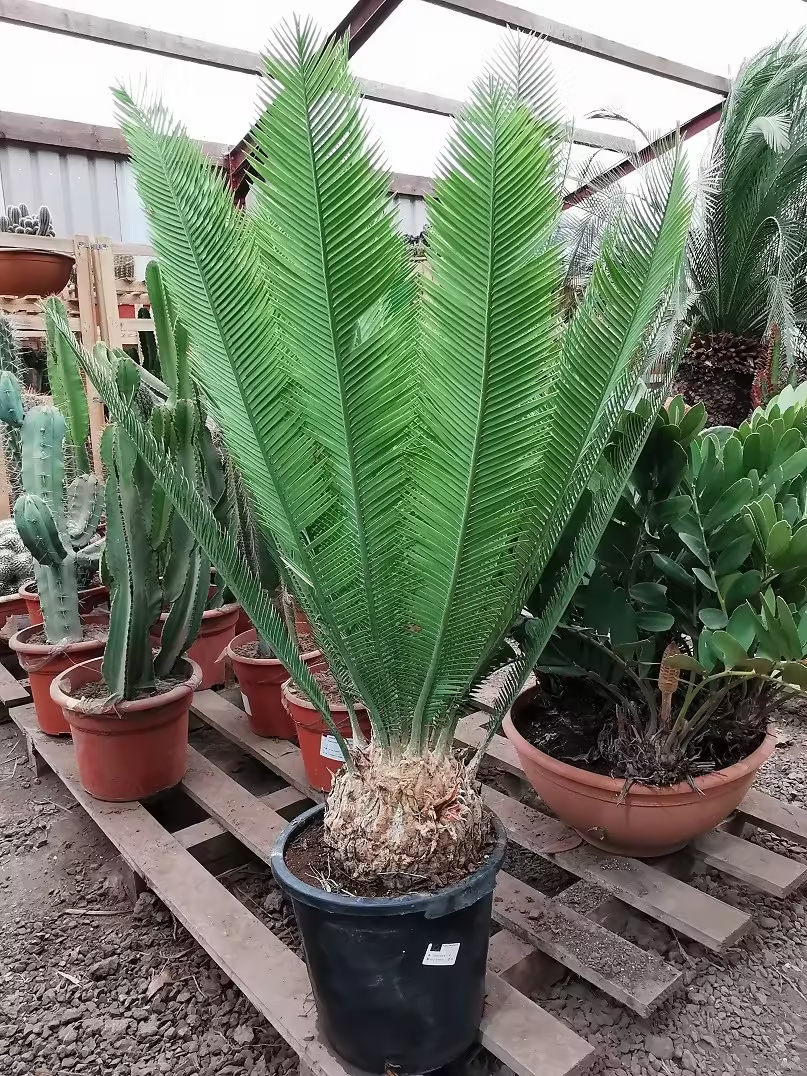
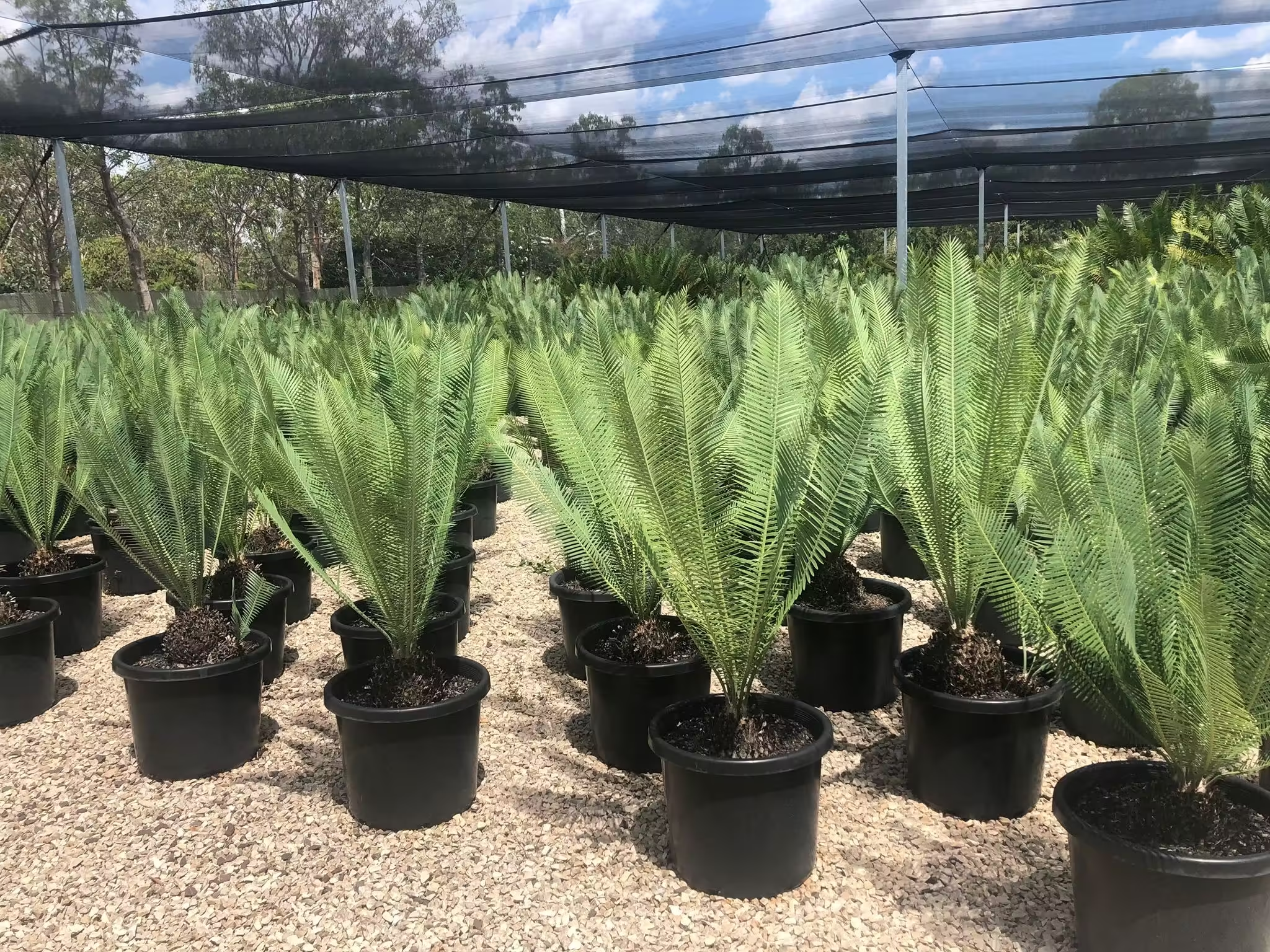
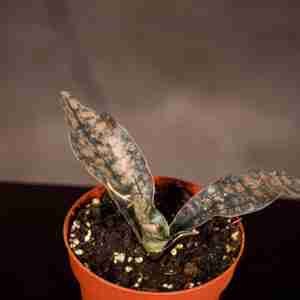
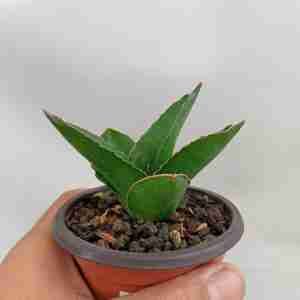
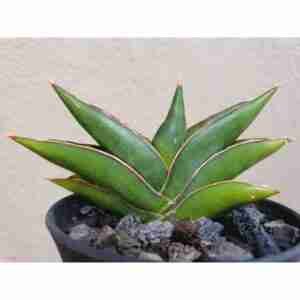
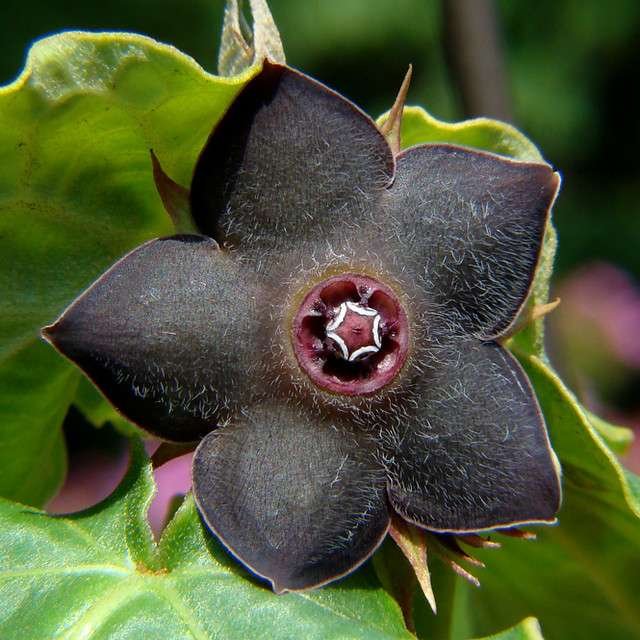
Ashish Bhaskar –
Perfect plant
Paresh desai –
Awesome size. Worth every penny spent